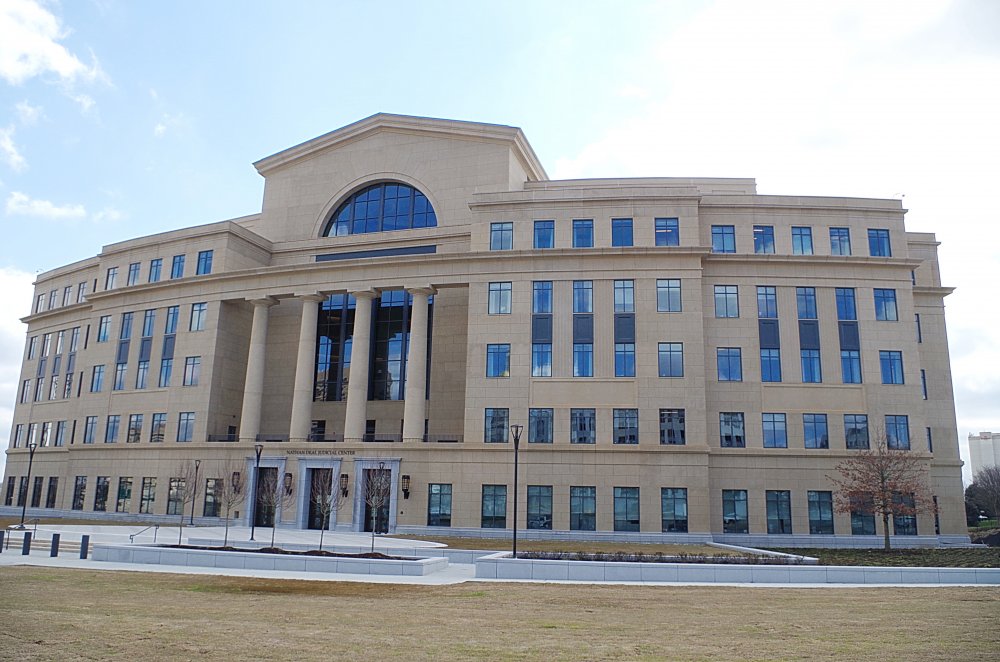Tag: georgia
-
Georgia House of Representatives District 90 special election set for Feb. 9, 2021

Election officials have scheduled a special election for the District 90 seat in the Georgia House of Representatives on Feb. 9, 2021. The seat became vacant after Pam Stephenson (D) resigned her seat on Sept. 4, 2020. A runoff will be held on March 9 if no candidate receives a majority of the vote, and the filing…
-
Three state legislators switch parties in December

Ballotpedia has identified three state legislators who switched their party affiliation in December. One switched from Democrat to independent, one from Republican to Libertarian, and one from Democrat to Republican. • On Dec. 7, Georgia Rep. Valencia Stovall announced that she was leaving the Democratic Party to join the Independent party. In a Facebook post,…
-
Georgia governor appoints LaGrua to state supreme court

Georgia Gov. Brian Kemp (R) appointed Shawn LaGrua to the Georgia Supreme Court on December 1, 2020. LaGrua succeeded Justice Keith Blackwell, who retired on November 18, 2020. LaGrua is Kemp’s second nominee to the nine-member supreme court. Under Georgia law, state supreme court justices are selected through nonpartisan elections. Justices serve six-year terms. Vacancies…




